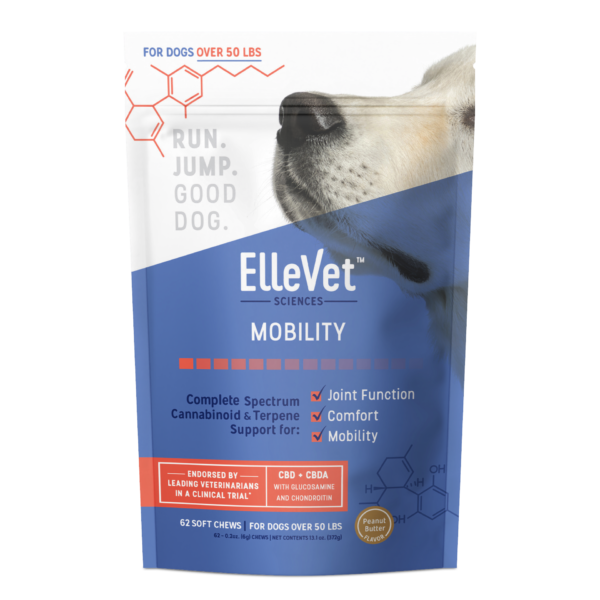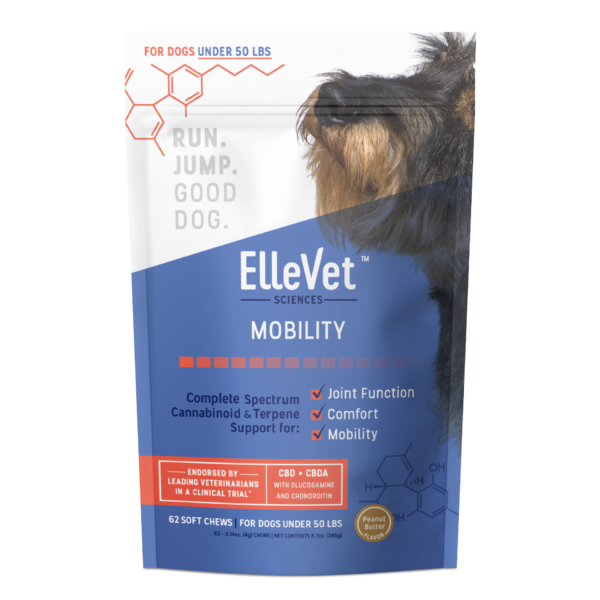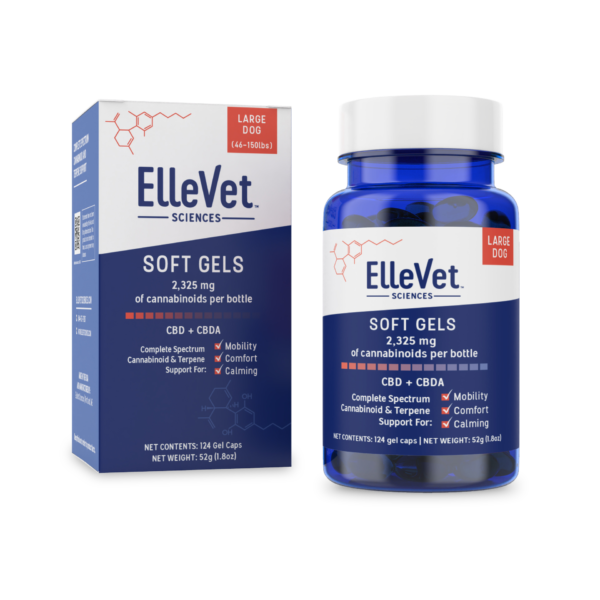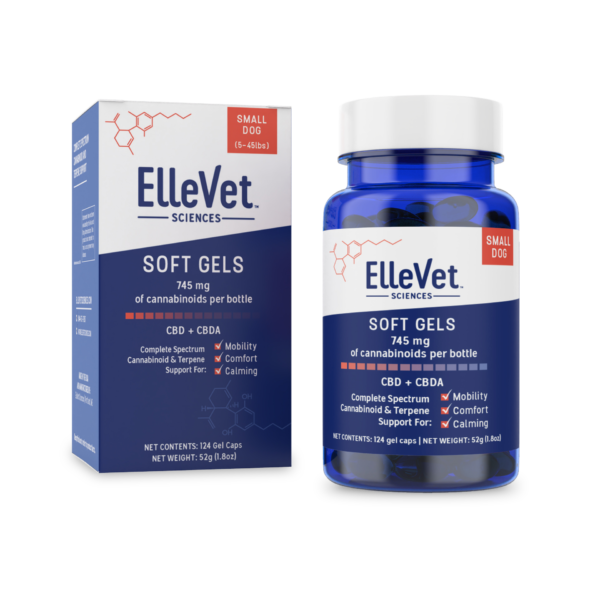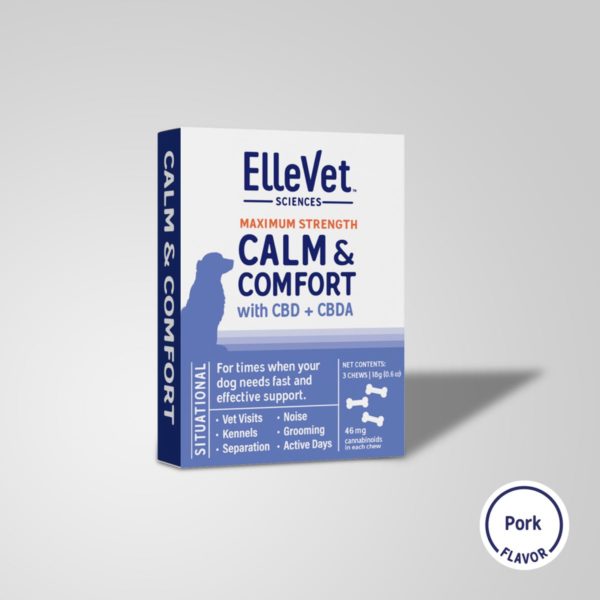If your dog tends to hang around the refrigerator, especially in times when it is opened by someone, you’ve likely broken off a little piece of cheese for them from time to time. Deliciousness aside, is cheese really safe for dogs?
Table of Contents
Health Benefits
The health benefits of cheese as it relates to dogs (and humans) is not exactly extensive, but it is there. Cheese contains proteins, essential fats, vitamin A, B vitamins and calcium. All of which a healthy dog needs and wants.
Applications
When I was growing up, if my family dog refused to take Her medication or was being a fussy eater, “wrap it in a piece of cheese” seemed to be the default response to the situation. Maybe this is an unfamiliar scenario to some, but it proves to be a common practice among a majority of dog owners and can be one of the most useful applications for cheese. For those dogs who are picky or don’t like the taste of their all-important medications, concealing it in a piece of cheese seems to do the trick for some!
Other than using it for hiding the taste and or odor of medications, cheese is a wildly popular choice for training. Because most dogs enjoy cheese so much, professional trainers and dog owners alike have used it as a motivational tool. If you notice your dog has developed an infatuation with those little slices, capitalize on the opportunity and use it while training! This can be especially effective for young puppies or stubborn dogs. It doesn’t have to be all training-based either. If your dog loves his cheese treats, use it as a behavioral reward. Using the same basic training logic, if your dog does something good or what is asked of them, receiving a reward in the form of the coveted, solidified dairy square will encourage your dog to repeat the behavior.

Safety
While cheese has in fact been found safe for dogs, the old adage “everything is good in moderation” rings true here. Just like humans, dogs are not excluded when it comes to potential health risks that come with too much cheese.
Cheese, although undeniably tasty, is very high in fat and can lead to weight-gain or obesity in dogs (just like humans). As we know, weight gain and obesity can lead to a number of unwanted health problems. Too much cheese can also lead to more concerning diseases like pancreatitis. Pancreatitis, while sometimes more manageable in humans, can be potentially fatal for dogs. To avoid such negative side-effects, try limiting your dog’s cheese intake. You may also choose a cheese that is lower in fat, like mozzarella or cottage. Cottage cheese also contains much less sodium than other cheeses, so it can be an especially healthy choice. To be safe, also be sure to check if the cheese you plan to give your dog has any additives that could be harmful (onion or chives for example).
Some dogs, like humans, can also be lactose intolerant, meaning they will not digest cheese or other dairy products correctly. This is something you may have to ask your veterinarian about, but if your dog has never shown signs of being lactose intolerant, you’re probably good to go!

